How Ukraine should overcome educational losses
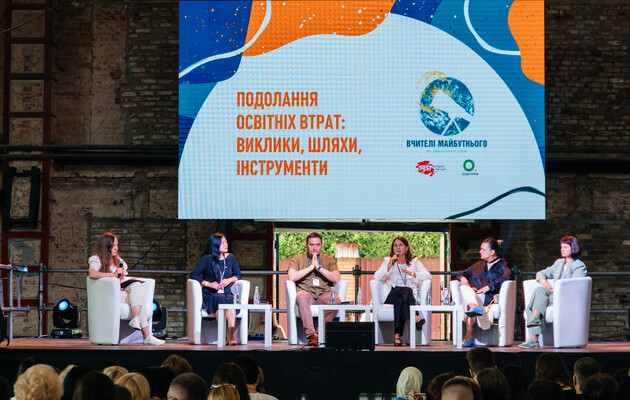
More than three years have passed since the beginning of the COVID pandemic, almost a year and a half since the full-scale invasion of Russia. We’ve been experiencing forced pause in education, damaged and destroyed schools, blackouts, the impossibility of organizing face-to-face classes in some regions as Ukraine lives in a hellish whirlpool of war. It is obvious that all this affects education in the country and causes educational losses.
However, I’d like to draw your attention to the fact that the topic of educational losses is relevant not only for us. It is key for education policymakers around the world. This year, I attended the Education World Forum in London (so to say, it’s an educational Davos), where world-class experts discussed educational losses caused, in particular, by the COVID pandemic. Governments of various countries and educational organizations are currently working on overcoming educational losses, developing various methods. Meanwhile, for example, the World Bank says that only 19% of countries have approved plans to minimize such losses.
The World Bank calls the current education crisis the biggest and worst in the last century. Studies show that children in low-income countries have experienced the greatest educational losses. According to the World Bank publication The State of Global Learning Poverty: 2022 Update, as a result of the education crisis exacerbated by the COVID pandemic, about 70% of ten-year-old children in low- and middle-income countries cannot understand simple written text after reading it, compared to 57% before pandemic In their report, they calculated that the consequences of COVID for education cost the world economy 17 trillion dollars. And research by The New York Times suggests that it will take three to five years to reverse the educational losses caused by COVID.
At the Teachers of the Future education festival, which took place on June 22-23 in Lviv, I moderated the panel discussion “Overcoming educational losses: challenges, ways, tools.” We talked about why it is difficult to determine the scope of educational losses in Ukraine, what are the key principles of overcoming them, what tools for this already exist and how to overcome educational losses in the de-occupied territories. See the main points in the article below.
Why the scope of educational losses in Ukraine is difficult to estimate
The concept of “educational loss” is not new. It gained global importance and came to the attention of many people after the COVID-19 pandemic, said Tetiana Vakulenko, the director of the Ukrainian Center for Educational Quality Assessment. Almost all countries concerned about education sounded the alarm and began to find out how distance and the experiences of children affect learning. Even then, the majority of European countries testified that the results of educational achievements are decreasing. “The reasons are explained in the definition. Educational loss is the difference between what students could and should have achieved under normal conditions and what they have achieved under the existing conditions,” the speaker explained.
Vakulenko noted that it is extremely difficult to answer the question about the scope of educational losses in Ukraine, because we do not have a reporting and reference point. For many years, almost the only data on educational achievements were provided by the results of ZNO (Independent External Evaluation), DPA (Final State Certification), NMT (National Multi-Subject Test). “We need a quality system of educational assessments at all key stages of education. We need to know what the child feels, knows, what competencies are formed in them at different stages of development. The state must aggregate this information, analyze it, and draw conclusions about how to work with these categories,” the speaker confidently stated.
For her part, Plan International educational specialist Natalia Baitemirova highlighted during the discussion that it is important to talk about the risks of educational losses, in particular for children who are abroad, while continuing to acquire a Ukrainian education simultaneously. “According to official statistics, these are about 500,000 school-age children,” the spokeswoman emphasized.
Key principles of overcoming educational losses
Head of the State Service of Education Quality Ruslan Hurak is sure that the key principles on the way to overcoming educational losses are the following:
1) Motivation not only of students, but also of teachers, school principals, heads of educational management bodies, and parents of children.
2) Unification of assessment tools at the national level.
3) Transformation of methods and approaches.
“Most school teams pretend that the problem work itself out, but it doesn’t. And we can’t solve the problem of educational attrition if we pretend nothing happened. We have to find other ways to organize the educational process considering everything that happened,” says Hurak.
4) Synergy and willingness to unite around this issue for all – authorities, public organizations, teachers and school principals, parents of students.
Available tools to overcome educational losses
Overcoming educational losses in various directions and focuses are already working with the Osvitoria NGO and the Teaching for Ukraine program.
Osvitoria launched the REeducation project for urgent individual assistance to school communities. During the three months of the project’s existence, 57 schools from different parts of the country received material, technical and methodological assistance. Soon, the public association will also start training teachers in the formation of “making up for what has been lost” groups and working with them.
Teach for Ukraine, meanwhile, is focused on tutoring. “With the beginning of the invasion, many children were not just out of school, but also left without conditions for online education. Then we decided to launch the Educational Soup project, which provides academic tutoring for students in grades 5–10. In other words, it is a class with children in small groups with a personalized approach, which also focuses on the development of motivation and competences in children. According to research, this is one of the most effective and cost-effective means of overcoming educational losses,” said Oksana Matiiash, head of the Teach for Ukraine program.
Training in Educational Soup is free. Children from different parts of the country can join. The project lasts more than a year, three thousand online lessons are held every week. Matiiash says, it is expected they expand the project. They hope to reach the national level.
According to Tetiana Vakulenko, a good example that should also be scaled are the tools for primary and secondary screening of educational achievements, developed by the team of the SURGe international project. Basically, it is about understandable evaluation tests in mathematics and the Ukrainian language for students of the 5th, 7th, and 9th grades. Tests help to find out at what level topics have been mastered, and what should be worked on further.
Testing consists of primary and secondary blocks. The primary one allows you to find out what the gaps are in certain topics. The child receives not only a general result, but also additional materials for processing. Then you can undergo secondary diagnostics for verification. Materials for diagnosis are posted on the online platform All-Ukrainian School Online. From this September, says Tetiana Vakulenko, diagnostic materials on the history of Ukraine, English language, natural sciences for the 5th-6th grade, physics, chemistry, biology, and geography will become available. “This is not really a state project, but, in my opinion, such materials should be included in every course. This is a good example that needs to be scaled up,” the speaker says with confidence. Let me note that during the war, the All-Ukrainian online school made it possible for students from different parts of the world, including temporarily occupied territories, to study.
How to overcome educational losses in de-occupied territories
The head of the savED charity fund, Olena Severenchuk, is sure that it is necessary to take care of the emotional state of children first, and not only about educational losses in the context of academic results. Mental health must be key in liberated territories.
"There are 10-year-old children in the de-occupied territories who, due to the pandemic and the full-scale war, physically almost did not attend school. There are large villages with 500-600 children, for whom one of the most exciting activities is spending time in the ruins of their school. Formulas and rules are not important for these children. First of all, it is important for them to go out into space, communicate with their peers and have a connection with the world," Severenchuk emphasizes. Therefore, in her opinion, we should create all possible conditions so that these children feel important and needed. We must give children access to socialization. But there is obviously no single solution on how to do it.
For example, savED opted for opening Digital Learning Centers (DLCs). This is a kind of “quick educational aid.” A village may have a destroyed school, but there might be a survivor library or a hospital building that is not functioning. And we, at the community level, have to think about how to transform those spaces in order to provide children with activities for their interaction and overcoming academic educational losses – explains the head of the charitable foundation.
***
Currently, all the top educational systems in the world are aiming to eliminate the educational losses associated with the pandemic. After all, this is not just a problem of individual schools or specific students. The educational crisis affects the well-being of the entire society, particularly the economic one. And the situation will not resolve itself.
Ukraine needs targeted measures aimed at solving the problem all the more. The school, parents of schoolchildren, children, local communities, and public initiatives should be involved in this process – from the local to the national level. To overcome such complex challenges, we need powerful synergy more than ever. We live in a hellish whirlwind of war, but I believe that quality education is not only the key to overcoming the consequences of crises, but often also a tool to prevent them.
Read this article in russian and Ukrainian.
Please select it with the mouse and press Ctrl+Enter or Submit a bug













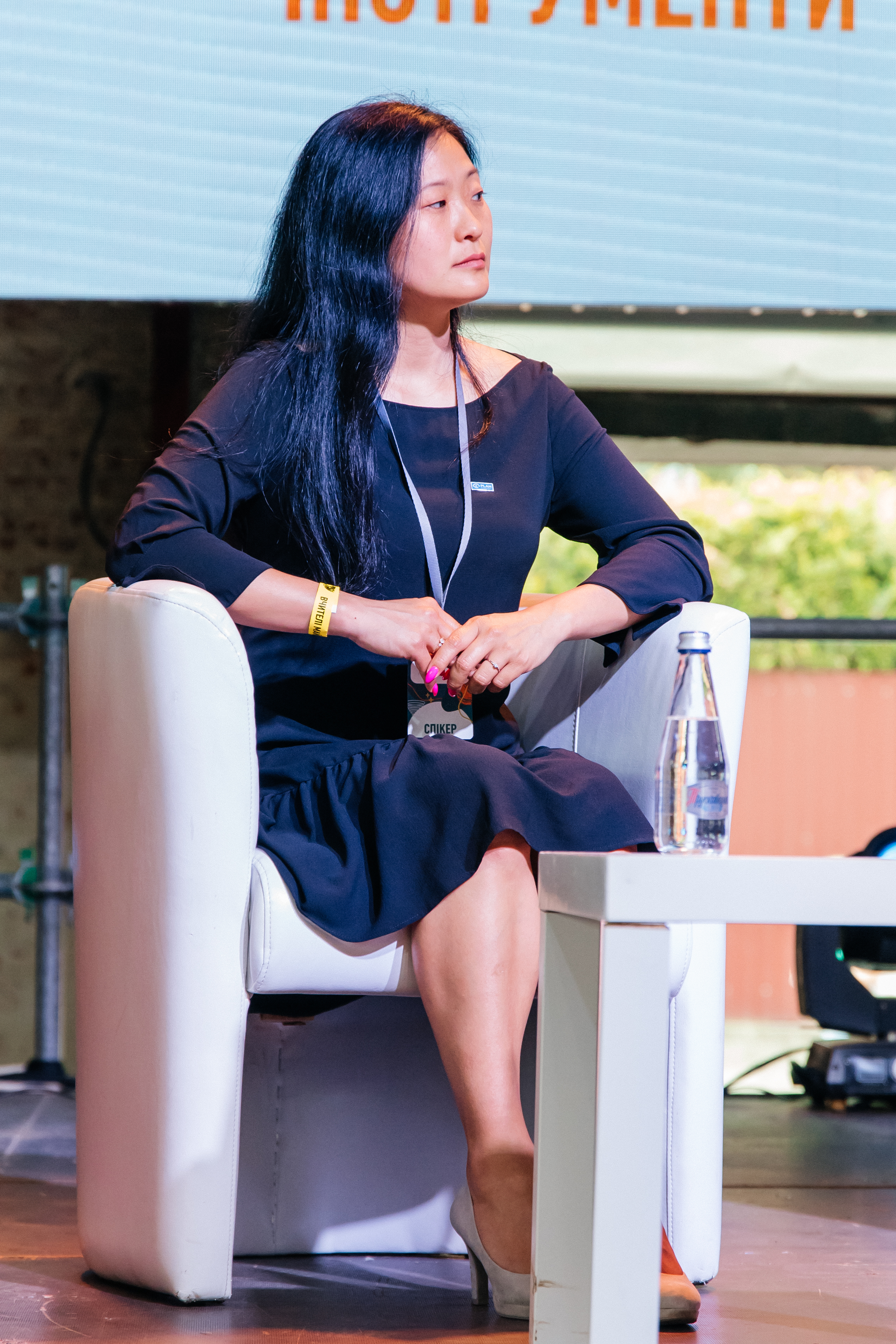
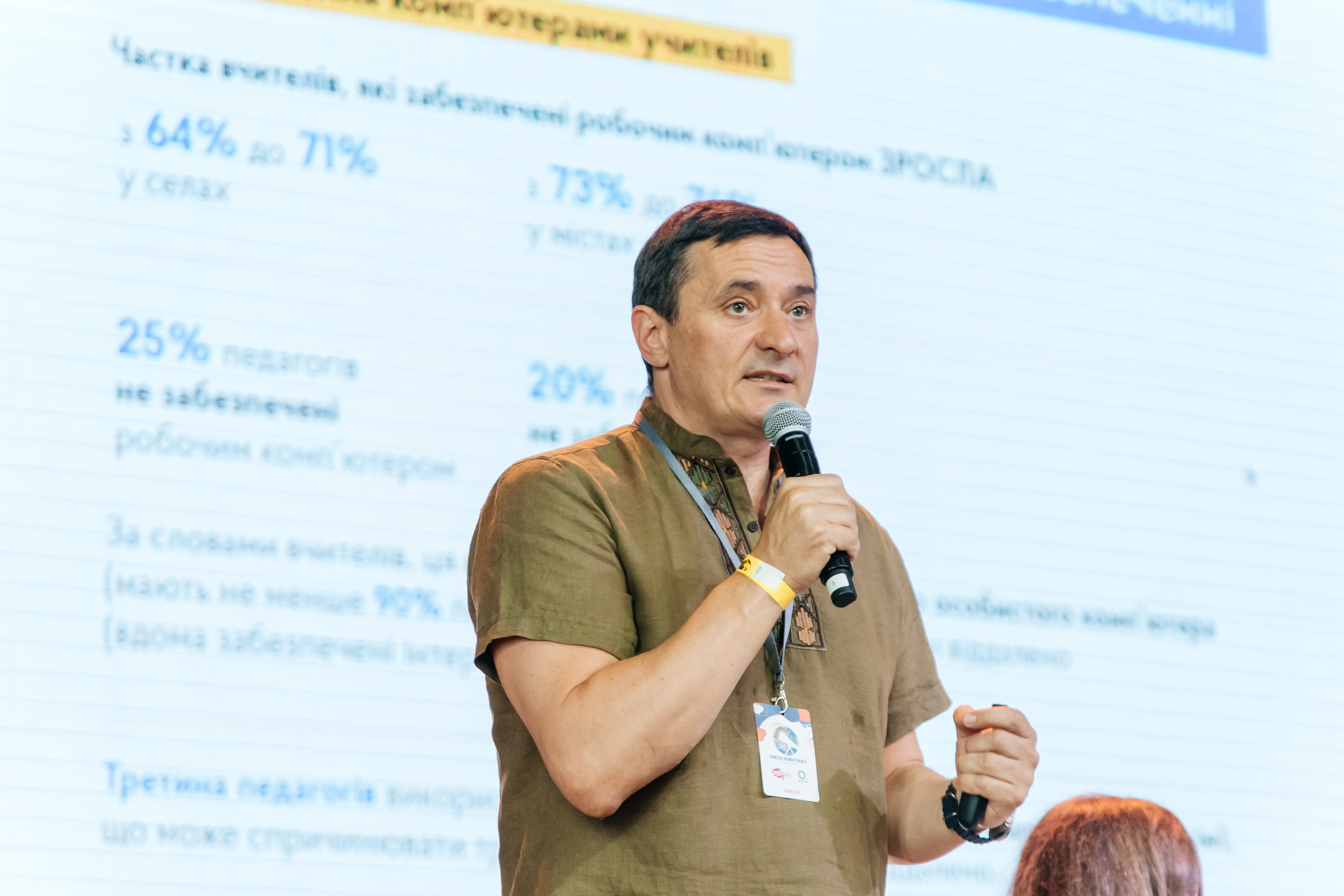
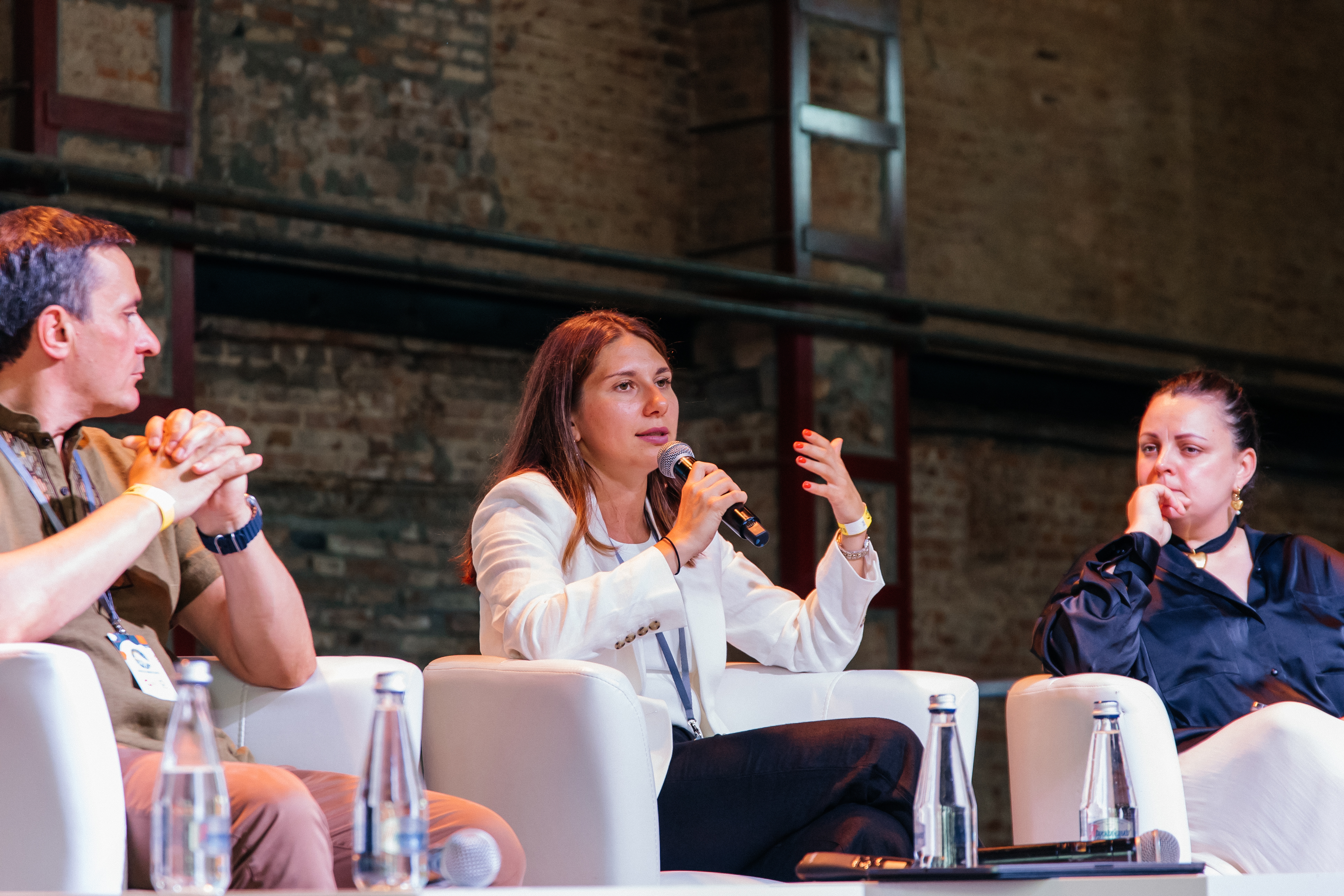
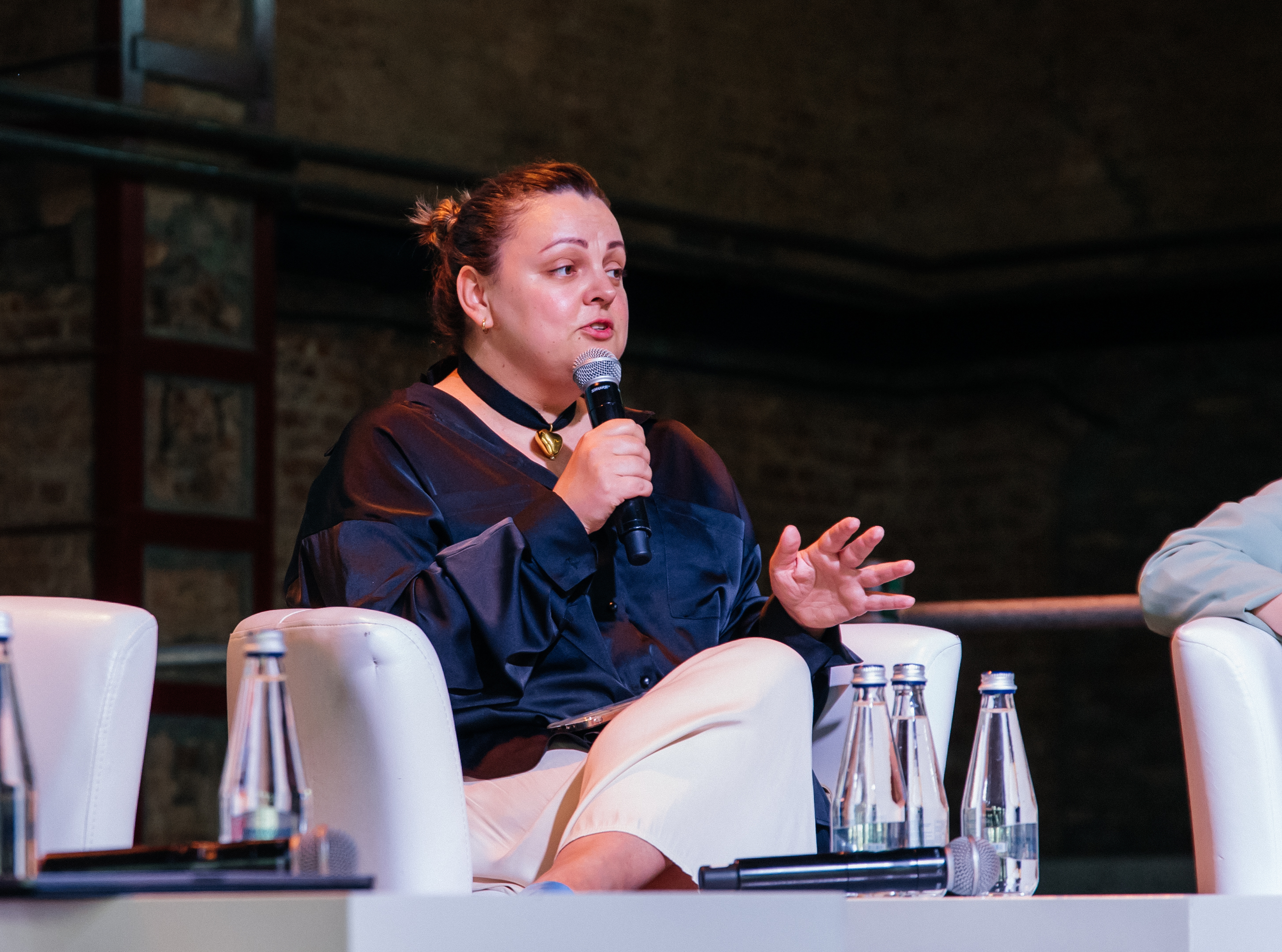
 Login with Google
Login with Google